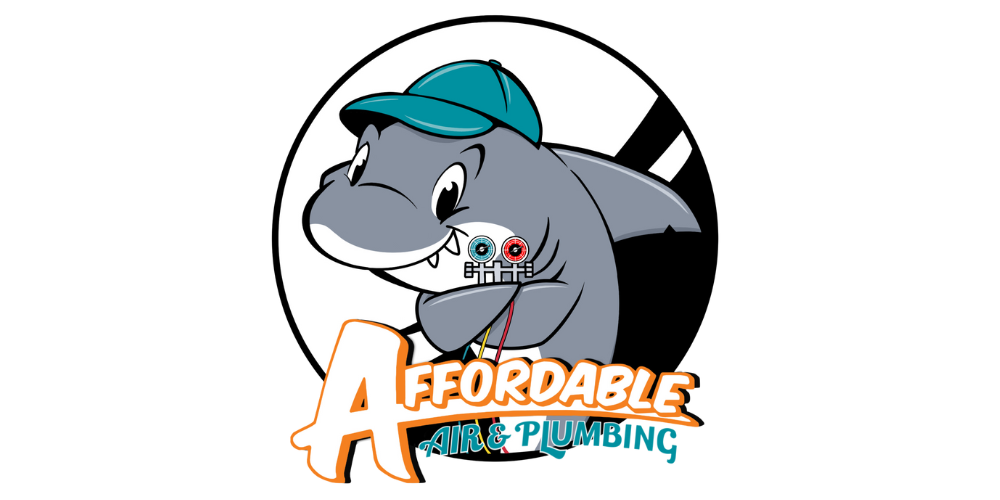Recognizing the Signs of a Failing Air Conditioning System: When to Take Action
As temperatures rise, your air conditioning system becomes essential in maintaining a comfortable indoor environment. However, like all mechanical systems, air conditioners can experience wear and tear over time, leading to decreased efficiency or complete failure. Recognizing the early signs of a failing air conditioning system can save you from needing a new air conditioner. Here are some common indicators that your AC might be in trouble and steps you can take to address these issues.
1. Insufficient Cooling
Overview
One of the most noticeable signs of a failing air conditioning system is a lack of cool air. If your AC is running but your home isn't cooling as it should, it’s a clear indication that something is wrong.
Possible Causes
Low Refrigerant Levels: Leaks can cause refrigerant to drop below optimal levels.
Dirty Air Filters: Clogged filters restrict airflow, reducing cooling efficiency.
Malfunctioning Compressor: The compressor is crucial for cooling, and any issue with it can impair your AC's performance.
Frozen Air Condition: Air conditioners occasionally freeze up and stop producing cool air as they should. This has several causes, but often needs professional attention when it continually happens.
Solutions
Check and replace air filters regularly.
Schedule a professional inspection to check for refrigerant leaks or compressor issues.
2. Unusual Noises
Overview
Air conditioners typically produce a consistent, low-level hum. However, strange or loud noises such as grinding, squealing, or banging are cause for concern.
Possible Causes
Loose or Broken Parts: Internal components may become loose or break, causing unusual sounds.
Debris in the Unit: Foreign objects can get lodged in the system.
Motor Issues: Problems with the motor or blower can lead to abnormal noises.
Solutions
Turn off the AC immediately to prevent further damage.
Contact a professional technician to diagnose and fix the issue.
3. Frequent Cycling
Overview
Air conditioners cycle on and off to maintain the desired temperature. However, if your AC is cycling more frequently than usual, it may indicate a problem.
Possible Causes
Thermostat Issues: A faulty thermostat can cause erratic cycling.
Overheating: The system may be overheating due to dirty filters or coils.
Incorrect Sizing: An improperly sized unit for your space can lead to frequent cycling.
Solutions
Check and recalibrate the thermostat if necessary.
Clean or replace filters and ensure the unit is properly sized for your home.
4. High Humidity Levels
Overview
One of the functions of an air conditioner is to remove humidity from the air. If your home feels unusually humid, it could be a sign that your AC isn’t working correctly.
Possible Causes
Refrigerant Issues: Low refrigerant can reduce the system’s ability to dehumidify.
Dirty Coils: Evaporator coils coated in dirt can’t absorb moisture effectively.
Aging Unit: Older systems may lose their efficiency over time.
Solutions
Schedule regular maintenance to keep coils clean.
Consider a refrigerant check and recharge if needed.
Evaluate whether it’s time to replace an old unit.
5. Rising Energy Bills
Overview
A sudden increase in your energy bills without a corresponding rise in usage can indicate that your air conditioner is working harder than it should.
Possible Causes
Decreased Efficiency: Over time, wear and tear can reduce an AC’s efficiency.
Dirty Components: Dust and debris can clog parts and make the system work harder.
System Age: Older units are generally less energy-efficient than newer models.
Solutions
Ensure regular maintenance to keep the system running efficiently.
Replace worn-out components to improve performance.
Consider upgrading to a more energy-efficient model if your unit is old.
6. Water Leaks
Overview
Water pooling around your air conditioning unit is a clear sign that something is amiss. While some condensation is normal, excessive leakage indicates a problem.
Possible Causes
Clogged Drain Line: The condensate drain can become blocked, causing water to back up.
Frozen Evaporator Coils: Ice buildup on coils can lead to water leaks as it melts.
Damaged Drain Pan: A cracked or rusted drain pan can cause leaks.
Solutions
Clear any blockages in the drain line.
Address issues causing the coils to freeze.
Replace a damaged drain pan if necessary.
It is advisable to contact a professional to repair your air conditioner if you have no experience in the listed tasks.
Final Thoughts: Maximizing Your AC's Performance and Lifespan
Recognizing the signs of a failing air conditioning system can help you address issues before they become major problems. Regular maintenance, prompt repairs, and periodic professional inspections are key to extending the lifespan of your AC and ensuring it runs efficiently. If you notice any of the signs mentioned above, don’t hesitate to take action. A well-maintained air conditioning system not only keeps you comfortable but also saves you money in the long run by avoiding costly repairs and reducing energy bills.
By staying vigilant and proactive, you can ensure your air conditioner continues to provide reliable cooling performance throughout the hottest months of the year.

